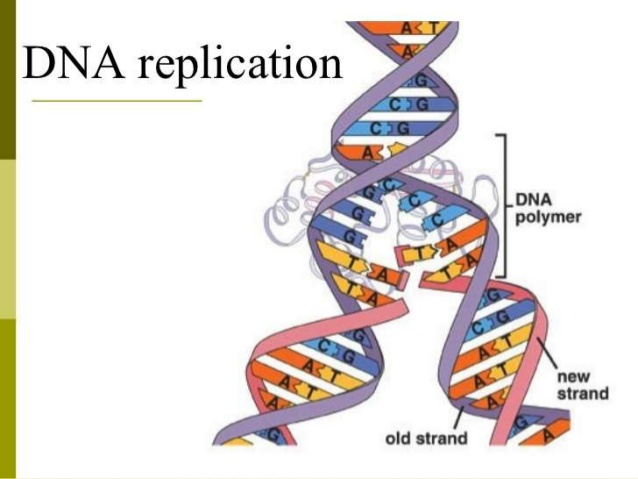
What is the importance of DNA replication during reproduction?
Answer
606.9k+ views
Hint: During cell division, the genetic information is transferred from one generation to another.
Complete answer:
Deoxyribose Nucleic Acid also termed as DNA is the genetic material for almost all the organisms. It makes its own copies in order to pass the genetic information from one cell to another or one generation to another.
The importance of DNA replication is listed below.
- DNA contains the information for the production of protein and enzyme synthesis required for the living of a cell.
- DNA replication results in the production of another copy of DNA which is transferred to a newly formed cell.
- If DNA is not replicated the daughter cell lacks the important proteins synthesis machinery which is required for survival this can lead to serious complications.
- Due to DNA replication diploid status of the autosomal cells is maintained.
- DNA is responsible for the transfer of genetic material from one generation to next. During the process of DNA replication, the formation of small changes takes place. These errors result in mutations. This forms the basis of Evolution and variety is formed.
- During DNA replication there is the formation of the similar copy of DNA with slight mutations. This maintenance of the uniqueness of that species and slight mutation provides a unique character to that individual organism.
- DNA can replicate through three types of processes: dispersive, conservative and semi-conservative.
- The most accepted way is the semi-conservative replication of DNA

Note :
- Genes are the small fragments of DNA that contain information.
- Mutations are changes in DNA ( nucleotide ) sequence which can misinterpret the information stored by DNA.
- Semi-conservation of DNA means the DNA which contains one strand of parent DNA and another newly synthesized daughter DNA.
- Diploid is a condition in which an organism has a pair of homologous chromosomes.
Complete answer:
Deoxyribose Nucleic Acid also termed as DNA is the genetic material for almost all the organisms. It makes its own copies in order to pass the genetic information from one cell to another or one generation to another.
The importance of DNA replication is listed below.
- DNA contains the information for the production of protein and enzyme synthesis required for the living of a cell.
- DNA replication results in the production of another copy of DNA which is transferred to a newly formed cell.
- If DNA is not replicated the daughter cell lacks the important proteins synthesis machinery which is required for survival this can lead to serious complications.
- Due to DNA replication diploid status of the autosomal cells is maintained.
- DNA is responsible for the transfer of genetic material from one generation to next. During the process of DNA replication, the formation of small changes takes place. These errors result in mutations. This forms the basis of Evolution and variety is formed.
- During DNA replication there is the formation of the similar copy of DNA with slight mutations. This maintenance of the uniqueness of that species and slight mutation provides a unique character to that individual organism.
- DNA can replicate through three types of processes: dispersive, conservative and semi-conservative.
- The most accepted way is the semi-conservative replication of DNA

Note :
- Genes are the small fragments of DNA that contain information.
- Mutations are changes in DNA ( nucleotide ) sequence which can misinterpret the information stored by DNA.
- Semi-conservation of DNA means the DNA which contains one strand of parent DNA and another newly synthesized daughter DNA.
- Diploid is a condition in which an organism has a pair of homologous chromosomes.
Recently Updated Pages
Master Class 12 Economics: Engaging Questions & Answers for Success

Master Class 12 Physics: Engaging Questions & Answers for Success

Master Class 12 English: Engaging Questions & Answers for Success

Master Class 12 Social Science: Engaging Questions & Answers for Success

Master Class 12 Maths: Engaging Questions & Answers for Success

Master Class 12 Business Studies: Engaging Questions & Answers for Success

Trending doubts
Why cannot DNA pass through cell membranes class 12 biology CBSE

Draw a neat and well labeled diagram of TS of ovary class 12 biology CBSE

In a human foetus the limbs and digits develop after class 12 biology CBSE

AABbCc genotype forms how many types of gametes a 4 class 12 biology CBSE

Differentiate between homogeneous and heterogeneous class 12 chemistry CBSE

The correct structure of ethylenediaminetetraacetic class 12 chemistry CBSE




